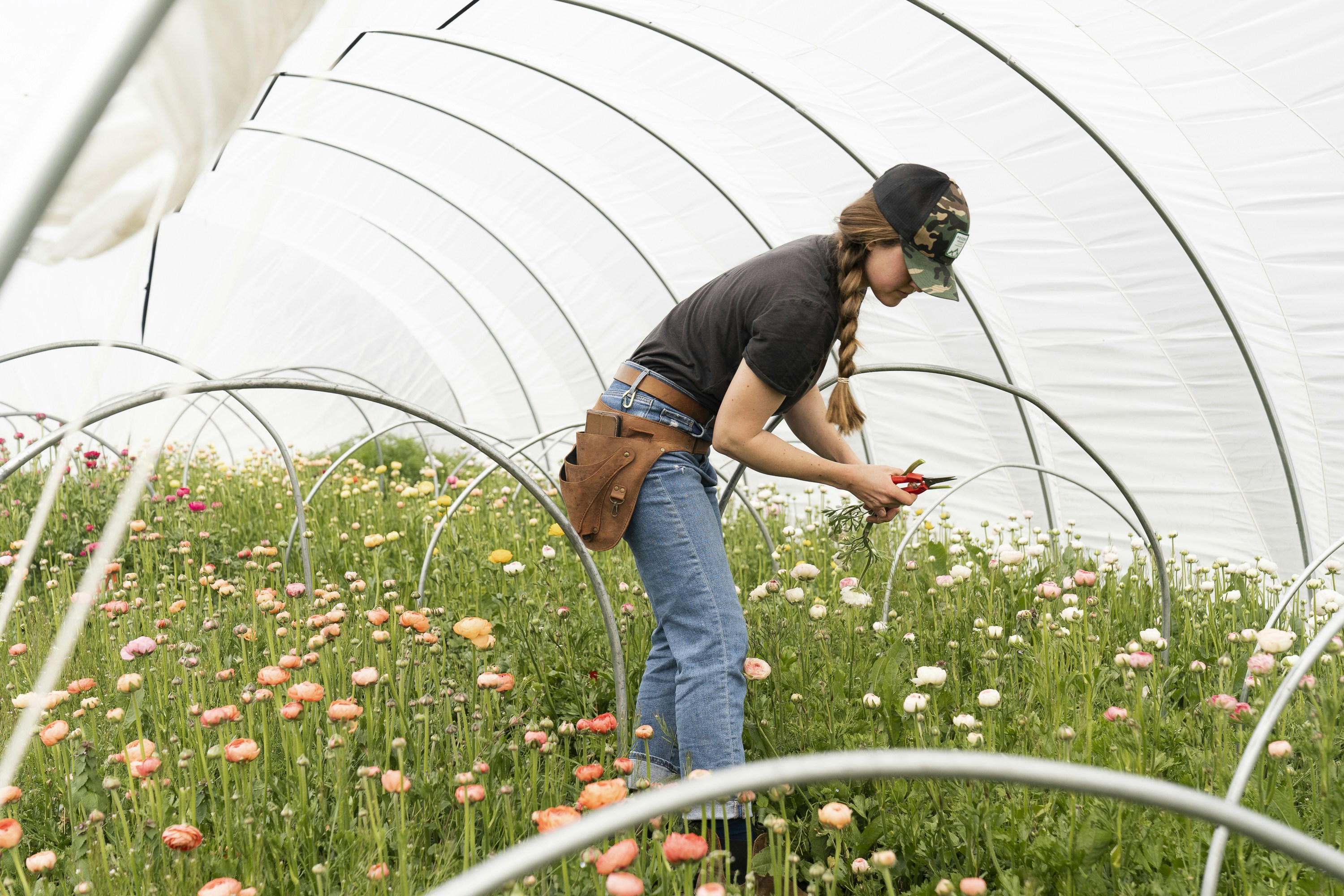
Farm Fresh Eggs: Your Guide to Finding Local Pasture-Raised Eggs
Region: All Regions
Best Time to Visit: Year-round
Farm Fresh Eggs: A Complete Guide
The journey from farm to table makes all the difference when it comes to eggs. Farm fresh eggs from pasture-raised hens offer superior nutrition, flavor, and quality while supporting local agriculture and humane farming practices. This comprehensive guide will help you understand why farm fresh eggs are special and how to find the best local sources.
The Farm Fresh Difference
Superior Quality
When you buy eggs directly from local farms, you’ll notice immediate differences:
- Fresher Eggs: Often collected within days or even hours
- Firmer Whites: Eggs stand up better when cracked
- Richer Yolks: Deep orange color from natural diets
- Stronger Shells: Better calcium content
- Better Flavor: More complex, richer taste
Nutritional Benefits
Research shows that eggs from pasture-raised hens typically contain:
- 2/3 more vitamin A
- 2x more omega-3 fatty acids
- 3x more vitamin E
- 7x more beta carotene
- Higher vitamin D levels
- Better protein quality
These benefits come from the hens’ natural diet of grass, insects, and forage, supplemented with quality grain.
Understanding Egg Terms
Pasture-Raised
True pasture-raised eggs come from hens that:
- Roam freely on grass pastures
- Access natural forage daily
- Exhibit natural behaviors
- Receive supplemental feed
- Have mobile or fixed housing
Free-Range
This term can vary in meaning:
- Required outdoor access
- Variable space amounts
- May have limited foraging
- Supplemental feed provided
- Different housing systems
Farm Fresh
Direct from local farms means:
- Known collection dates
- Transparent practices
- Direct farmer relationship
- Local food system support
- Seasonal variations
Heritage Breeds
Traditional chicken varieties offer:
- Natural behaviors
- Climate adaptation
- Better foraging ability
- Unique egg characteristics
- Genetic diversity
Finding Local Egg Producers
Search Methods
-
Visit farmers markets:
- Meet farmers directly
- Ask about practices
- Sample products
- Establish relationships
- Regular availability
-
Join food co-ops:
- Regular supply
- Producer information
- Member pricing
- Community connection
- Multiple farms
-
Consider CSA programs:
- Egg shares available
- Regular pickup
- Season planning
- Bulk pricing
- Farm connection
Questions for Farmers
About the Chickens
Understanding raising practices:
- What breeds do you raise?
- How much outdoor access?
- What’s their diet like?
- Housing conditions?
- Flock size?
About the Eggs
Quality assurance:
- Collection frequency?
- Cleaning methods?
- Storage practices?
- Selling schedule?
- Grading standards?
Seasonal Considerations
Year-Round Production
Natural egg production varies by season:
Spring (Peak Season)
Nature’s highest production:
- Increasing daylight
- Fresh grass growth
- Active insects
- Natural behaviors
- Consistent supply
Summer
Strong production continues:
- Rich forage available
- Active outdoor life
- Abundant insects
- Natural diet peaks
- Regular supply
Fall
Production begins to decrease:
- Shorter days
- Changed forage
- Different insects
- Preparing for winter
- Still good supply
Winter
Natural reduction period:
- Shortest days
- Limited forage
- Indoor time increases
- Some farms use lights
- May need reservations
Storage and Handling
Proper Storage
Maintain freshness:
-
Temperature Control
- Store below 40°F
- Consistent temperature
- Away from door
- Use egg compartment
- Rotate stock
-
Washing Guidelines
- Natural bloom protection
- Clean only before use
- Cool water only
- Gentle handling
- Quick drying
-
Organization
- Date marking
- First in, first out
- Regular rotation
- Quality checks
- Use planning
Freshness Testing
Simple methods:
-
Float Test
- Fresh eggs sink
- Older eggs float
- Angled eggs aging
- Floating means discard
- Weekly testing
-
Visual Inspection
- Check shell integrity
- Look for bloom
- Observe yolk stand
- Note white firmness
- Track changes
Supporting Local Egg Producers
Regular Purchasing
Establish patterns:
- Weekly pickup schedule
- Standing orders
- Bulk purchasing
- Seasonal planning
- Special requests
Community Support
Build relationships:
- Share with friends
- Leave reviews
- Social media support
- Word of mouth
- Event participation
Farm Connection
Deepen involvement:
- Attend farm events
- Follow updates
- Join egg CSA
- Visit the farm
- Volunteer opportunities
Cooking with Farm Fresh Eggs
Best Uses
Maximize quality:
-
Simple Preparations
- Fried eggs
- Soft-boiled
- Poached
- Over easy
- Scrambled
-
Baking Applications
- Rich custards
- Fresh pasta
- Meringues
- Homemade mayo
- Special desserts
-
Storage Recipes
- Pickled eggs
- Quiche
- Frittata
- Egg salad
- Preservation methods
Finding Your Local Egg Farm
Many egg producers also offer other products like heritage meat or participate in local farmers markets. Some are part of larger local organic farms with diverse offerings.
Remember, when you buy farm fresh eggs, you’re not just getting better eggs – you’re supporting local farmers who prioritize animal welfare and sustainable agriculture. Your purchases help maintain a resilient local food system while providing your family with the highest quality eggs available.
Ready to Connect with Local Farms?
Find farms, CSA programs, and farm stands in your area.
Find A Local Farm